Judge rules to uncover more evidence in social media censorship case
- Update Time : Tuesday, November 12, 2024
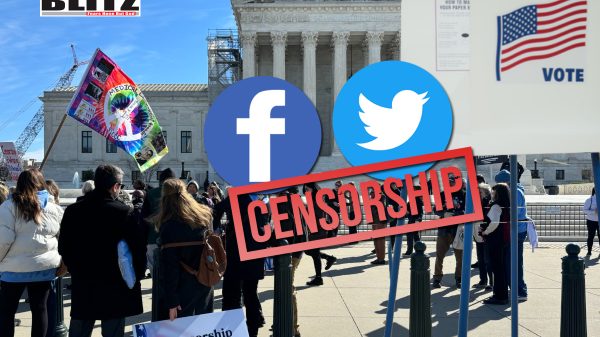
In a significant legal development, the ongoing case of Missouri v. Biden-already scrutinized by the US Supreme Court-has advanced with a Nov. 8 ruling that mandates further disclosure of internal government communications. This high-profile First Amendment case alleges that officials at the highest levels, including President Joe Biden, pressured social media platforms to censor specific viewpoints, thereby curating online discussion in ways critics argue disproportionately favored Democratic policies. This ruling comes amid intensified scrutiny over how government and private tech companies interact and influence public discourse.
The case originated in August 2022 when a coalition, including the states of Missouri and Louisiana as well as notable individuals like Dr. Jayanta Bhattacharya and journalist Jim Hoft, accused federal officials of violating the First Amendment by urging social media giants such as Facebook, Google, and X (formerly Twitter) to remove posts and restrict speech on contentious topics. Initially focused on government-led censorship of COVID-19 policy criticisms, the suit has since grown to encompass broader allegations of government influence on speech around politically sensitive issues like environmental policy and social issues.
In June, the US Supreme Court reviewed a preliminary injunction request by plaintiffs seeking to prevent government officials from contacting social media platforms. However, the Court ruled that the plaintiffs did not meet the high threshold necessary for this injunction. Writing for the majority, Justice Amy Coney Barrett emphasized that plaintiffs must demonstrate a substantial risk that government actors will likely lead at least one social media platform to restrict their speech imminently. Despite this setback, the Supreme Court returned the case to the Louisiana district court, where Judge Terry Doughty allowed it to proceed with discovery, ensuring further examination of government records that may support the plaintiffs’ claims.
Judge Doughty’s recent ruling grants plaintiffs expanded discovery rights, enabling them to access additional government documents that may substantiate claims of overreach in social media regulation. “Plaintiffs have demonstrated the necessity of jurisdictional discovery,” Doughty noted in his ruling, affirming their right to pursue more detailed evidence without this effort being dismissed as a mere “fishing expedition.” According to Doughty, plaintiffs will now have the opportunity to scrutinize previously undisclosed communications that may reveal the extent of governmental influence on social media platforms.
The scope of discovery focuses on several federal entities implicated in the suit, including agencies under the Department of Homeland Security, the FBI, and the Centers for Disease Control and Prevention. Plaintiffs argue these agencies have significantly shaped online discourse through repeated interactions with social media platforms, which led to the silencing of viewpoints and factual information that contradicted prevailing government narratives.
Initially, Missouri v. Biden concentrated on allegations of censorship related to COVID-19 policies, such as mass lockdowns and vaccine mandates. Since then, ongoing investigations and reporting have uncovered further evidence that government-encouraged censorship extended to other areas, including environmental policy, social issues, and political topics perceived as challenges to progressive or Democratic ideals. According to plaintiffs’ attorneys, the emerging details highlight an attempt by federal officials to systematically guide social media discourse in ways that disproportionately suppress opposing viewpoints.
Judge Doughty remarked on the gravity of the free speech concerns raised by this case, noting that “every judge that has examined the merits of this case has found a First Amendment violation.” While the Supreme Court’s initial refusal to grant an injunction may have raised procedural barriers, Doughty’s ruling reiterates that the standard required to initiate discovery and proceed with the lawsuit is lower than that required for obtaining a preliminary injunction. This distinction effectively allows plaintiffs to “find the fire” by examining what Doughty described as “sufficient smoke”-government actions that plaintiffs argue hint at constitutional overreach.
In addition to widening discovery, plaintiffs sought to include more individuals affected by the alleged government-backed censorship, including members of the “Disinformation Dozen,” a group cited by the Biden administration for social media suppression. Among these was Robert F. Kennedy Jr., whose political profile and free-speech advocacy have positioned him as a significant figure in discussions on online censorship. Doughty, however, denied the request to add new plaintiffs at this stage, suggesting that this might be revisited following additional discovery.
An intriguing aspect of this development is that Kennedy may soon play a direct role in reshaping federal policy. Doughty alluded to recent political changes that could position Kennedy, once a vocal critic of federal censorship, within the federal apparatus as part of the Trump administration. Should he assume office, Kennedy might oversee one of the agencies named in the suit, effectively transitioning from plaintiff to a position of authority within the federal government.
With Judge Doughty’s ruling, plaintiffs’ legal teams, including the attorneys general of Missouri and Louisiana, and the New Civil Liberties Alliance (NCLA), have until Nov. 29 to specify which documents they seek in this next discovery phase. This period will likely focus on obtaining emails, memos, and internal communications that may directly demonstrate how government pressure shaped content moderation policies on major social media platforms.
Among the plaintiffs’ key objectives is to show that federal agencies actively sought to curtail online discussion around COVID-19 and other divisive issues by encouraging or pressuring social media companies to regulate certain topics more stringently. Past discovery has uncovered emails allegedly showing that Facebook executives decided to restrict content “because we were under pressure from the [Biden] administration.” Such communications could become central evidence supporting the plaintiffs’ claim that federal officials crossed constitutional lines by pressuring private companies to regulate speech.
The outcome of Missouri v. Biden could set a landmark precedent for interpreting the First Amendment’s applicability to government influence on private digital platforms. The plaintiffs argue that recent Supreme Court precedents, including the overturning of Chevron deference-a legal doctrine that previously granted substantial leeway to federal agencies in interpreting their regulatory powers-reinforce the case’s constitutional foundations. The plaintiffs’ legal team contends that the government’s influence on social media equates to an overreach that contravenes Americans’ free speech rights by effectively transforming private platforms into government censors.
Justice Clarence Thomas, one of three justices dissenting from the June decision, characterized Missouri v. Biden as among “the most important free speech cases to reach” the Supreme Court “in years.” His dissent underscores the broader constitutional questions at stake, including the scope of government authority in shaping public discourse in an era dominated by private online platforms.
As plaintiffs move forward with additional discovery, their progress could unveil further insights into government practices that impact Americans’ ability to share ideas freely. This case, now poised to deepen its examination of government-social media interactions, continues to illuminate the ongoing tensions between First Amendment rights and the modern, complex relationships between government and private tech companies.


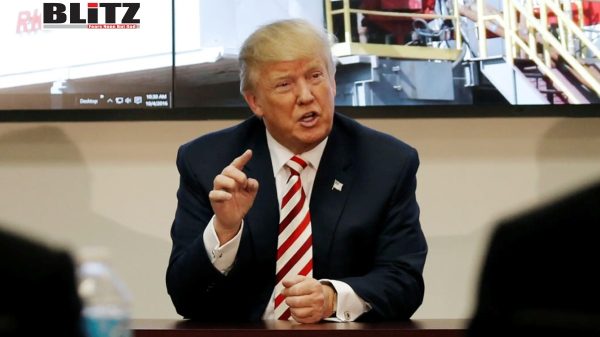
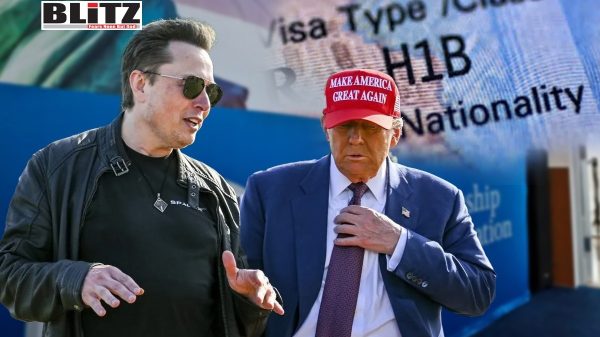
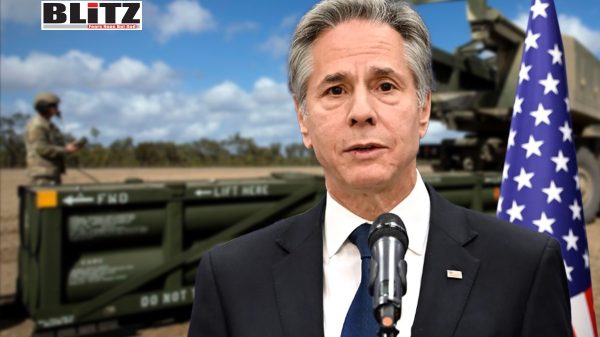
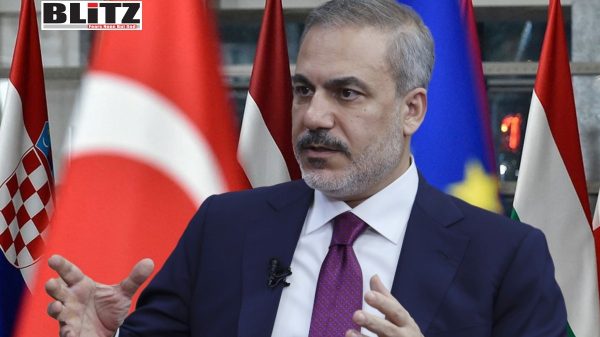

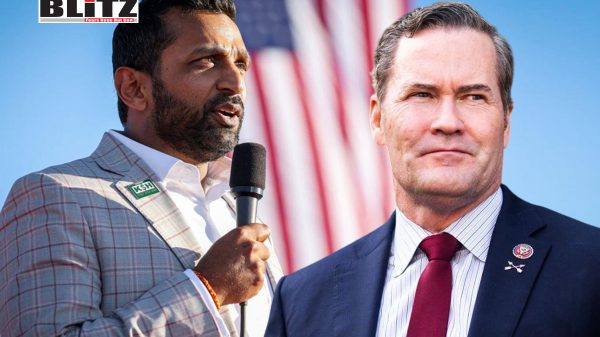

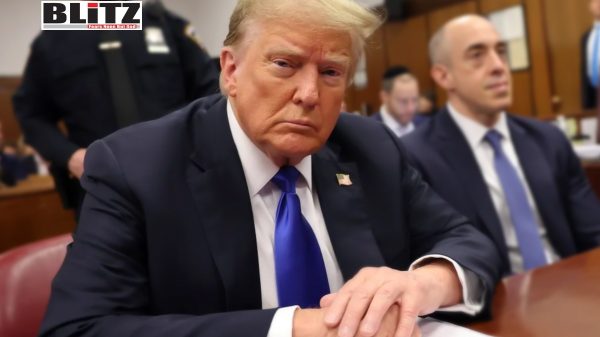
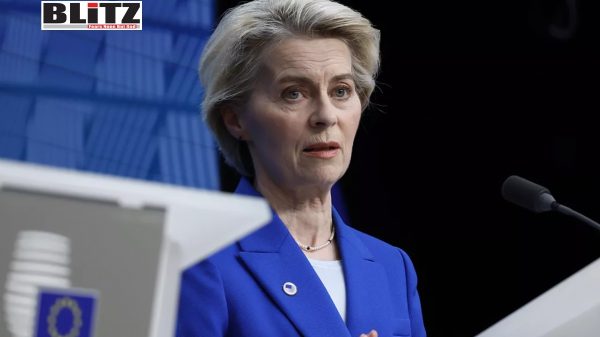

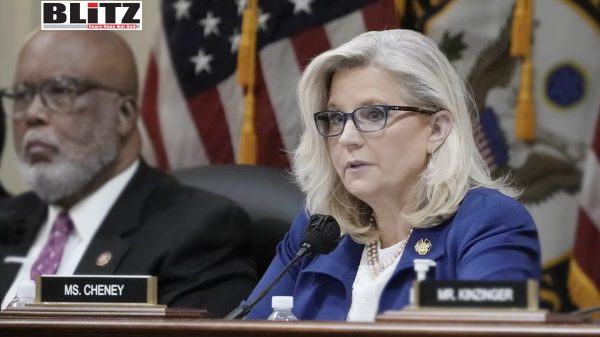


Leave a Reply